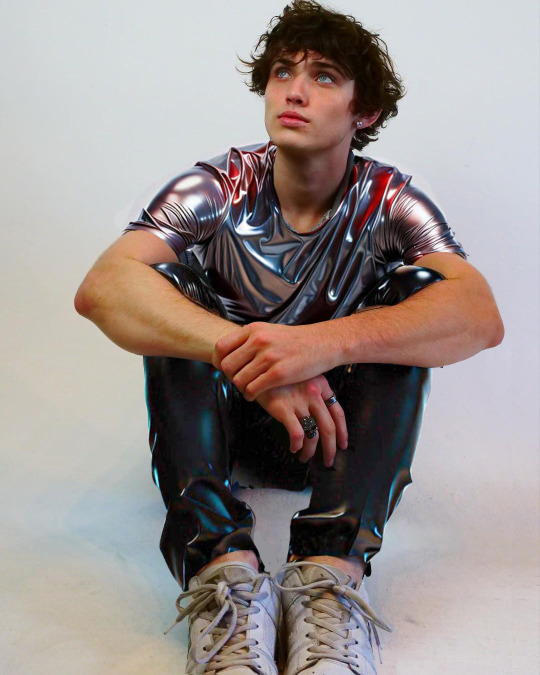#Bornstein
Text

"I'm a reluctant activist. I prefer calling myself an artist in service if activism. My reluctance comes from the sad fact that even after the gay and mesbian revolution is over and won, there are going to be people dumping on me as a transsexual, or for being into S/M. I want to give power to a movement that will speak my name as well." - Kate Bornstein (Gender Outlaw: on Men, Women, And The Rest of Us)
0 notes
Text
rhinoplasty, lip filler, cheek implants, brow bone reduction, buccal fat removal, botox, eye lift


#of creator is Zack Bornstein on Twitter#I’m not calling it x#but it totally fits#hazbin vox#hazbin hotel vox#he would though#he’ll deny it#hazbin hotel#hazbin hotel charlie#angel dust
93 notes
·
View notes
Text
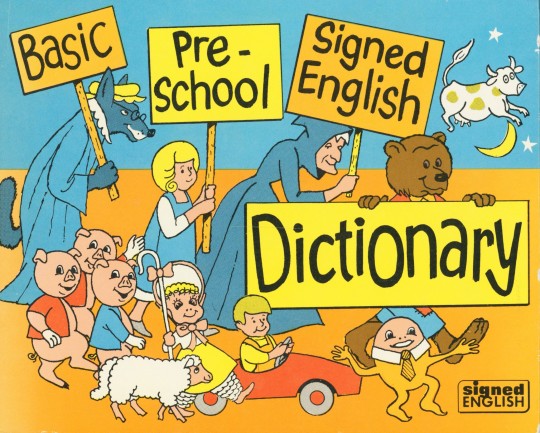

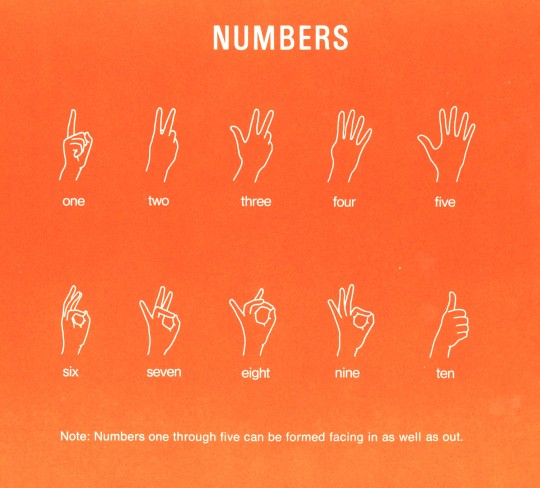
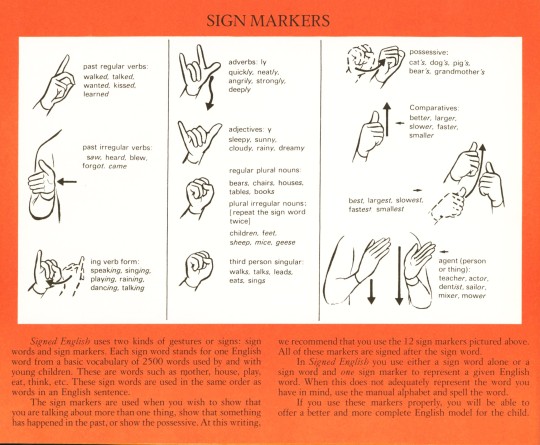
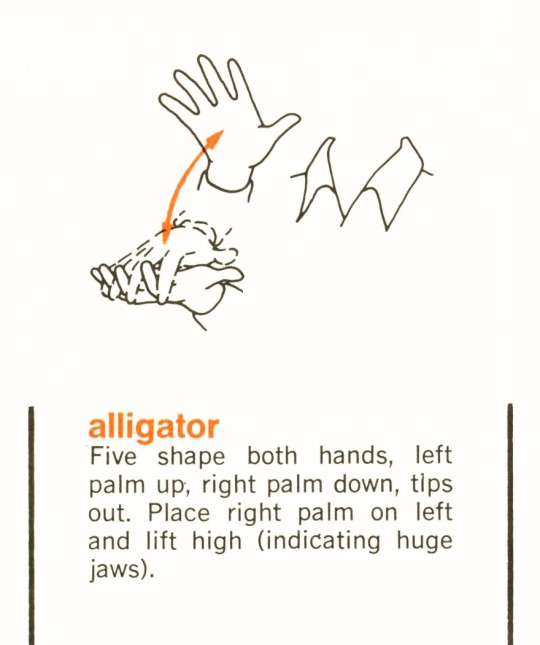


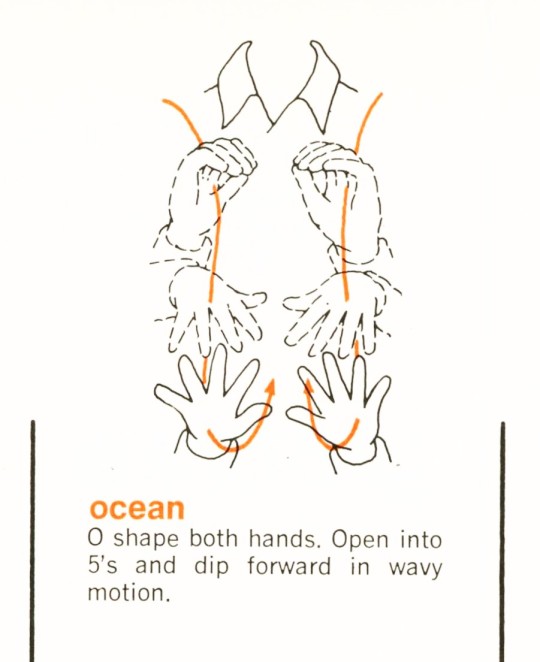

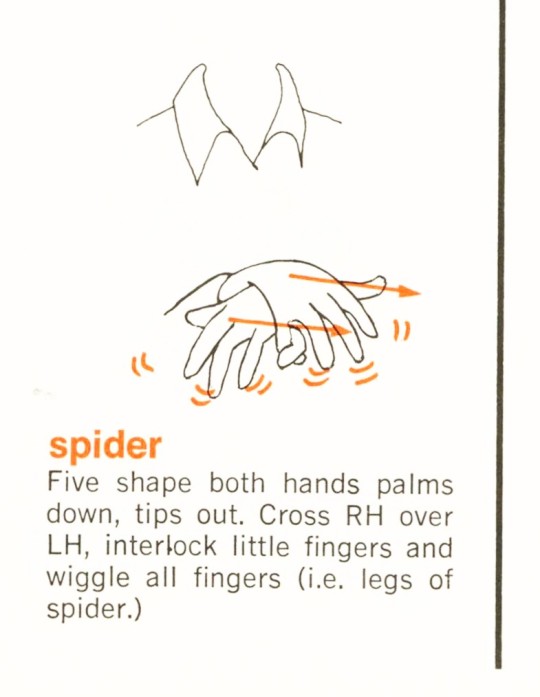
Milestone Monday
April 15th is National American Sign Language (ASL) Day, observed annually to celebrate the ASL community and its contributions to inclusivity, and to encourage folks to learn the language. Regarded as a natural language, sign language has likely existed for as long as there has been a need to communicate, however, the emergence of ASL is largely credited to Thomas Gallaudet (1787-1851) founder of the American School for the Deaf. Uniting deaf children from the western hemisphere the American School for the Deaf was fertile soil for language contact, developing ASL from French Sign Language, village sign languages, and home sign systems. Today, more than a half-million people throughout the United States use ASL to communicate as their native language.
In recognition of the day, we’re sharing another book from our Historical Curriculum Collection the Basic Pre-School Signed English Dictionary published by Gallaudet College Press in 1973. Signed English features drawn signs with written instructions to represent 975 words most frequently used by and with pre-school children. The editors also include sign markers and the American Manual Alphabet to be used in conjunction with the vocabulary, encouraging a language that is adaptable and offers a more complete English model of communication.
Signed English was edited in part by Harry Bornstein and Karen Saulnier who worked on several signing books for young readers throughout the 70s, 80s, and 90s, and illustrated by Jack Fennell and Ann Silver.
Read other Milestone Monday posts here!
– Jenna, Special Collections Graduate Intern
#milestone monday#national american sign language day#asl#thomas gallaudet#american school for the deaf#basic pre-school signed english dictionary#Gallaudet College Press#Harry Bornstein#Karen Saulnier#Jack Fennell#Ann Silver#historical curriculum collection#children's books
83 notes
·
View notes
Text
Thinking thinking thinking about Leslie Feinberg in Outlaw talking about gender and zie described hirself as a “transgendered woman.” Leslie had ID’ed as “trans” but I had not heard til that interview zie saying “transgender(ed) woman.”
I know zie considered hirself still a lesbian, and something under a trans umbrella, and while many were quick to assign “trans man” or “transmasc” onto hir, I knew that somewhere in a sense of womanhood, zie identified with a woman-adjacent label still.
I had not considered zie would combine hir sense of womanhood with the label of trans but it makes complete sense, and gives a whole new layer to hir sense of sisterhood with (amab) trans women!
Zie was a woman in a transgressive, transitional, transgender(ed) way. A trans woman.
What a concept of gender and transness that would make so many spaces spit blood. But it makes total sense!
Oh, to have more people recognize the trans umbrella (and frankly entire queer umbrella) as a spectrum of transgressive gender and not as mirrors for cisheteropatriarchy.
#leslie feinberg#outlaw 1994#I’ve seen clips but never the whole video!!#in 1994 no less#damn wish id seen this sooner#leslie continuously rocking my world when it comes to gender understanding#the shit zie and Kate Bornstein did—partially just by existing—has had such a profound impact on me#everything both said was either relatable as hell or so jarring but understandable when I shifted my perspective#which forced me to accept the odd parts of myself#dare I say…the queerest parts
91 notes
·
View notes
Text
In the Life: an interview with Kate Bernstein and Leslie feinberg
Link to tiktok here
Link to full interview here
235 notes
·
View notes
Text
Kate Bornstein calls Leslie Feinberg “daddy” (1996)
Watch the full interview here:
youtube
#queer#transgender#transsexual#leslie feinberg#radical queer#kate bornstein#gender outlaw#trans history#stone butch blues
104 notes
·
View notes
Text

Black girl vibes ✨
I wanted to do this for Black History Month last month, but in addition to celebrating BHM it’s now also for International Women’s Day (Friday, March 8)!
#fan art#my art#zokie of planet ruby#ruby studebaker#the nutty boy#o menino malquinho#juliet#julieta#big nate#dee dee holloway#craig of the creek#jessica's big little world#jessica williams#it's pony#clara bornstein#black history month#international women's day#nickelodeon#cartoon network#netflix#netflix animation
47 notes
·
View notes
Text
happy pride reccing some anti-assimilationist, anti-capitalist, and abolitionist books and texts
BOOKS
Why Are Faggots So Afraid of Faggots? edited by Matilda Bernstein Sycamore (2012)
"Whatever happened to sexual flamboyance and gender liberation, an end to marriage, the military, and the nuclear family? As backrooms are shut down to make way for wedding vows, and gay sexual culture morphs into "straight-acting dudes hangin' out," what are the possibilities for a defiant faggotry that challenges the assimilationist norms of a corporate-cozy lifestyle?"
Transgender Liberation: A Movement Whose Time Has Come by Leslie Feinberg (1992)
This pamphlet is an attempt to trace the historic rise of an oppression that, as yet, has no commonly agreed name. We are talking here about people who defy the ‘man’-made boundaries of gender.
Transgender Warriors: Making history from Joan of Arc to Dennis Rodman by Leslie Feinberg (1996)
[Leslie Feinberg's] book celebrated the resistance to transphobia and a vision of trans liberation articulated from the perspective of class struggle. It understood that no liberation from transphobia or any of the divisive and violent oppressions in class society is possible without the transformation of capitalism into socialism.
The Faggots & Their Friends Between Revolutions by Larry Mitchell (1977)
Stories told of these times make the faggots and their friends weep. The second revolutions made many of the people less poor and a small group of men without color very rich. With craftiness and wit the faggots and their friends are able to live in this time, some in comfort and some in defiance.
Also this interview
Gender Outlaws: The Next Generation edited by Kate Bornstein, and S. Bear Bergman (2010)
Today's transgenders and other sex/gender radicals are writing a drastically new world into being.
Made In India: Decolonizations, Queer Sexualities, Trans/National Projects by Suparna Bhaskaran (2004)
Made In India explores the making of "queer" and "heterosexual" consciousness and identities in light of economic privatization, global condom enterprises, sexuality-focused NGOs, the Bollywood-ization of beauty contests, and trans/national activism.
That's Revolting: Queer Strategies For Resisting Assimilation edited by Matilda Bernstein Sycamore (2008)
As the growing gay mainstream prioritises the attainment of straight privilege over all else, it drains queer identity of any meaning, relevance or cultural value.
How To Blow Up A Pipeline by Andreas Malm (2021)
Malm argues that sabotage is a logical form of climate activism, and criticizes both pacifism within the climate movement and "climate fatalism" outside it.
On Connection by Kae Tempest (2020)
On Connection is medicine for these wounded times.
Are Prisons Obsolete by Angela Y. Davies (2003)
If you know anything about Angela Davis—anti-racist activist, Marxist-feminist scholar—you know that her answer to the question posed in the title is "Yes." This is a short primer on the prison abolition movement
Becoming Abolitionists: Police, Protests, and the Pursuit of Freedom by Derecka Purnell
This profound, urgent, beautiful, and necessary book is an invitation to imagine and organize for a less violent and more liberatory world.
Black Marxism by Cedric Johnson (1983)
Influenced by many African American and Black economists and radical thinkers of the 19th century, Robinson creates a historical-critical analysis of Marxism and the Eurocentric tradition from which it evolved. The book does not build from nor reiterate Marxist thought, but rather introduces racial analysis to the Marxist tradition.
The Transgender Issue: An Argument For Justice by Shon Faye (2021)
[Shon Faye] provides a compelling, wide-ranging analysis of trans lives from youth to old age, exploring work, family, housing, healthcare, the prison system and trans participation in the LGBTQ+ and feminist communities, in contemporary Britain and beyond.
Burn The Binary: selected writings on the politics of being trans, genderqueer, and non-binary by Riki Wilchins (2017)
This single volume offers a selection of Riki’s most penetrating and insightful pieces, as well as the best of two decades of Riki’s online columns for The Advocate never before collected, from "Where Have All the Butches Gone," to "Attack of the 6-Foot Intersex People"
ARTICLES
Assuming The Perspective Of The Ancestor by Claire Schwartz (2022)
Philosopher Olúfẹ́mi O. Táíwò on building constructive, future-oriented politics, at scale.
The Gender Binary Is A Tool For White Supremacy by Kravitz Marshall (2020)
A brief history of gender expansiveness - and how colonialism slaughtered it
Meet Chris Smalls, the man who organized Amazon workers in New York By Anna Betts, Greg Jaffe, and Rachel Lerman (2022)
The fired worker and former rapper did what nobody else has done in the U.S.
The Nuclear Family Was A Mistake by David Brooks (2020)
The family structure we’ve held up as the cultural ideal for the past half century has been a catastrophe for many. It’s time to figure out better ways to live together.
Universal basic income seems to improve employment and well-being by Donna Lu (2020)
Extinction Isn’t the Worst That Can Happen by Kai Heron (2021)
"This brings us to the third problem with eschatological framings of the climate crisis: they overlook the fact that for many, the end of the world has already happened. In October last year, Nemonte Nenquimo, a Waorani woman, mother and leader, wrote a desperate letter to the western world reminding us that for Indigenous peoples, “the fires are raging still”."
MISC
Manifesto: An Aromantic Manifesto by yingchen and yingtong
free to read
their tumblr (with further resources)
Essay: I Dream Of Canteens by Rebecca May Johnson (2019)
There is a space for everyone. A space, a glass of water, and a plug socket.* Chairs and tables and cleaned toilets. So many chairs so that no one is without one.
Acceptance Speech (video and text): The National Book Foundation Medal for Distinguished Contribution to American Letters speech by Ursula Le Guin
Hard times are coming, when we’ll be wanting the voices of writers who can see alternatives to how we live now, can see through our fear-stricken society and its obsessive technologies to other ways of being, and even imagine real grounds for hope.
And here's a video to cleanse the soul: bell hooks: Transgression
bell hooks & Gloria Steinem at Eugene Lang College
#happy pride#leslie feinberg#ursula le guin#bell hooks#kate bornstein#queer literature#trans literature#marxist literature#black literature#political lit#andreas malm#rebecca may johnson#kai heron#kae tempest#matilda bernstein sycamore#angela davies#shon faye#riki wilchins#larry mitchell#s bear bergman#Suparna Bhaskaran#derecka purnell#cedric johnson#Olúfẹ́mi O. Táíwò#chris smalls#yingchen#yingtong#if anyone has anything from outside america or the uk (there are a few but not a lot here) + more on disability activism +#more on intersex activism#i haven't read *fixing sex* yet so dunno if it fits this exact list
1K notes
·
View notes
Text



Elder's descriptions of their genders from Kate Bornstein's My Gender Workbook, found here.
Don't let exclusionists, tone policers, gate keepers, queer-is-a-slur, TERFs, and other fascists control the terms you use, tell you that you're using too many words, convince you that you only need one simplistic and perfect word to sum up the messy human experience, or that your identity is a dirty slur that needs abandoned.
Be as ugly, messy, weird, queer, fucked up, and human as you are. That is your right in existing.
~Mod Pluto
#trans#nonbinary#gender#genderqueer#genderweird#genderfucked#transgender#transsexual#words#terms#existence#kate bornstein#my gender workbook#my new genderworkbook#identity#queer#humans#mod pluto
347 notes
·
View notes
Text
Gender Outlaw by Kate Bornstein
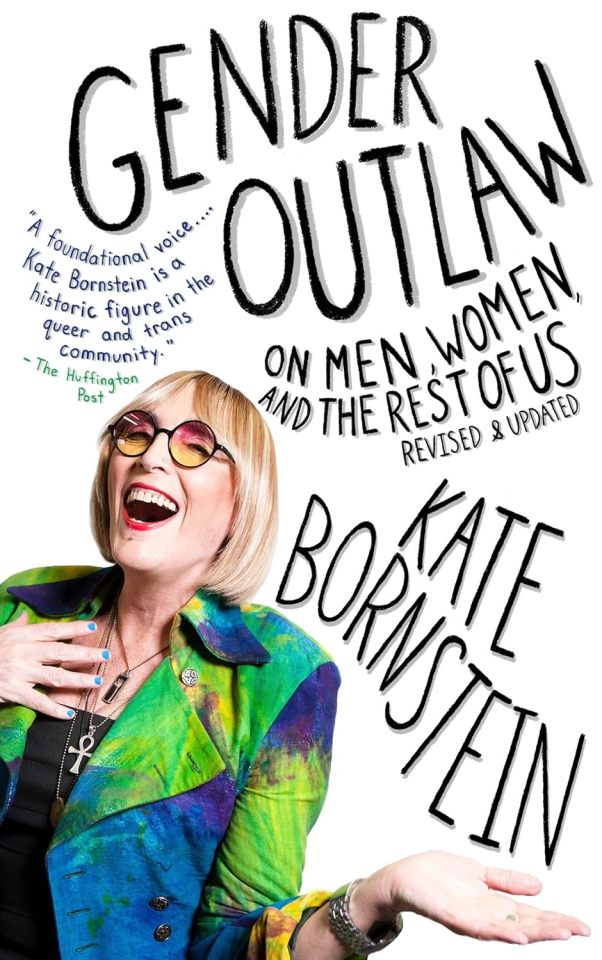
“I know I’m not a man … and I’ve come to the conclusion that I’m probably not a woman, either…. The trouble is, we’re living in a world that insists we be one or the other.”
With these words, Kate Bornstein ushers readers on a funny, fearless, and wonderfully scenic journey across the terrains of gender and identity.
On one level, Gender Outlaw details Bornstein’s transformation from heterosexual male to lesbian woman, from a one-time IBM salesperson to a playwright and performance artist. But this particular coming-of-age story is also a provocative investigation into our notions of male and female, from a self-described nonbinary transfeminine diesel femme dyke who never stops questioning our cultural assumptions.
Gender Outlaw was decades ahead of its time when it was first published in 1994. Now, some twenty-odd years later, this book stands as both a classic and a still-revolutionary work—one that continues to push us gently but profoundly to the furthest borders of the gender frontier.
#gender outlaw#gender outlaw: on men women and the rest of us#kate bornstein#nonbinary#transfem#trans book of the day#trans books#queer books#bookblr#booklr
39 notes
·
View notes
Text
Tag yourself, or describe your queerness with equivalent chaos:
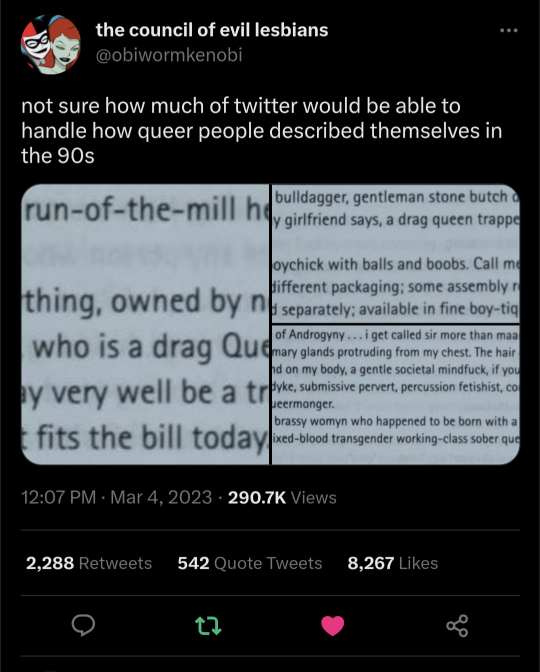



Source: My Gender Workbook by Kate Bornstein
#lgbtq#gay#trans#lesbian#bulldyke#fag#q slur#my gender workbook#kate bornstein#gender identity#gender dysphoria#god I am so many people in here#number 25 hits so hard#tag yourself#fag yourself
174 notes
·
View notes
Text

380 notes
·
View notes
Text
When I started to read Kate Bornstein's Gender Outlaw I did a little bit of looking up about her
And after reading books by and about so many trans activists that when I looked them up they turned out to be dead by the time I started reading their books I am so absolutely thrilled to discover Kate Bornstein is alive 😭😭😭❤️🏳️⚧️
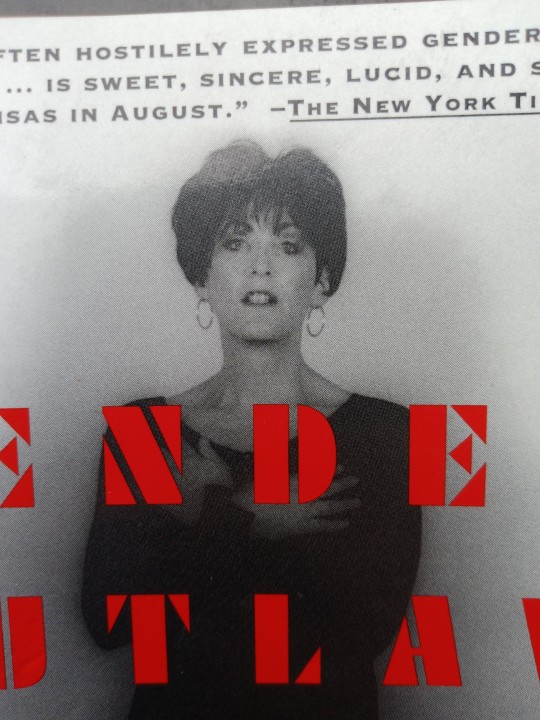

#kate bornstein#gender outlaw#trans literature#trans history#trans elders#queer literature#queer history#queer elders#nonbinary#lesbian#Aqueertalksqueerly
46 notes
·
View notes
Text
youtube
Revisiting this interview ages after I saw it last is so interesting because I remember how it impacted me then. Kate was a little too (fascinatingly enough) transgressive for me. I couldn’t understand going through all the trouble of changing your legal gender only to no longer identify with it. She fought hard to be legally recognized as a woman but doesn’t feel like a woman.
At the time that made me feel so uneasy because I was made to promise I’d never change my mind when I came out to my family. I came out as binary trans and if you’re not your AGAB then you’re the opposite and if you’re not the opposite then you’re your AGAB and you aren’t trans. That possibility horrified me.
Kate Bornstein’s work (and Leslie’s) has been such a piece of reassurance about not being a man or a woman. Leslie’s work spoke to me as someone whose legal documents didn’t match your transgressive presentation. Leslie’s work spoke to me upon trying to figure out butch identity. I thought the label was closed off to someone like me, and Leslie’s work said it wasn’t.
Kate’s view of the trans umbrella is more and more becoming my stance as I see more and more of my struggles in the lives of people seemingly not like me. The first time I saw this, I wanted “trans” to be exclusive as a term because my own suffering didn’t seem compatible with other people’s joy. My life or death seriousness seemed at odds with people’s playfulness.
“I could be killed for this, how can you think we’re the same when you’re doing this ‘for fun’?”
But we are the same. We have the same enemies. We are often exposed to the same struggle. And we are all targets of the same rhetoric. To dare to transgress on gender roles and expectations and rules is…the same story.
I was still trans when I crossdressed as a “joke” as a teen. If I never got the chance to do shit ironically, I don’t think I ever would have learned that it felt good.
I think of elderly trans women picking out their first dress to be buried in, I think of old haggard butches who use all male terms and lament “ah if I had been born a boy,” I think of every cis person I came out to who said “hey we ALL have thoughts like that” to confront me.
I think you’re right. I think WE (transgressively gendered people) do. What a terrible shame many more never get to explore it. What a shame to never get to try or to let fear of regret stop you entirely.
What luck to have gotten to explore my gender so throughly. Twice!
There will always be assimilationists, cis AND trans. But every transgressive person is my sibling. Crossdressers and drag kings and queens. Impersonators. People doing it for the bit. Trans folks of all genders. Cis+, “cis” and cis folks breaking rules. Intersex folks no matter how simple or complex their relationship to gender.
All the closeted people left to writhe in the discourse and fall mercy to assimilation AND exclusion.
Thank you Kate for giving us a term for all of us: Outlaws.
28 notes
·
View notes
Text
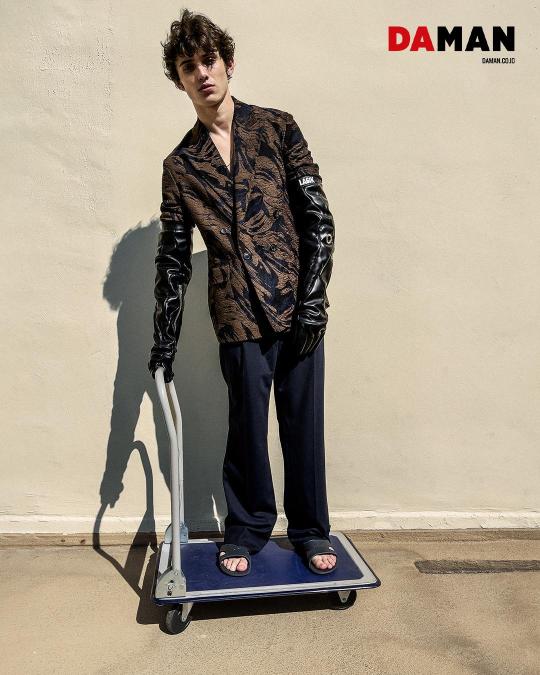
Carrington Bornstein
19 notes
·
View notes
